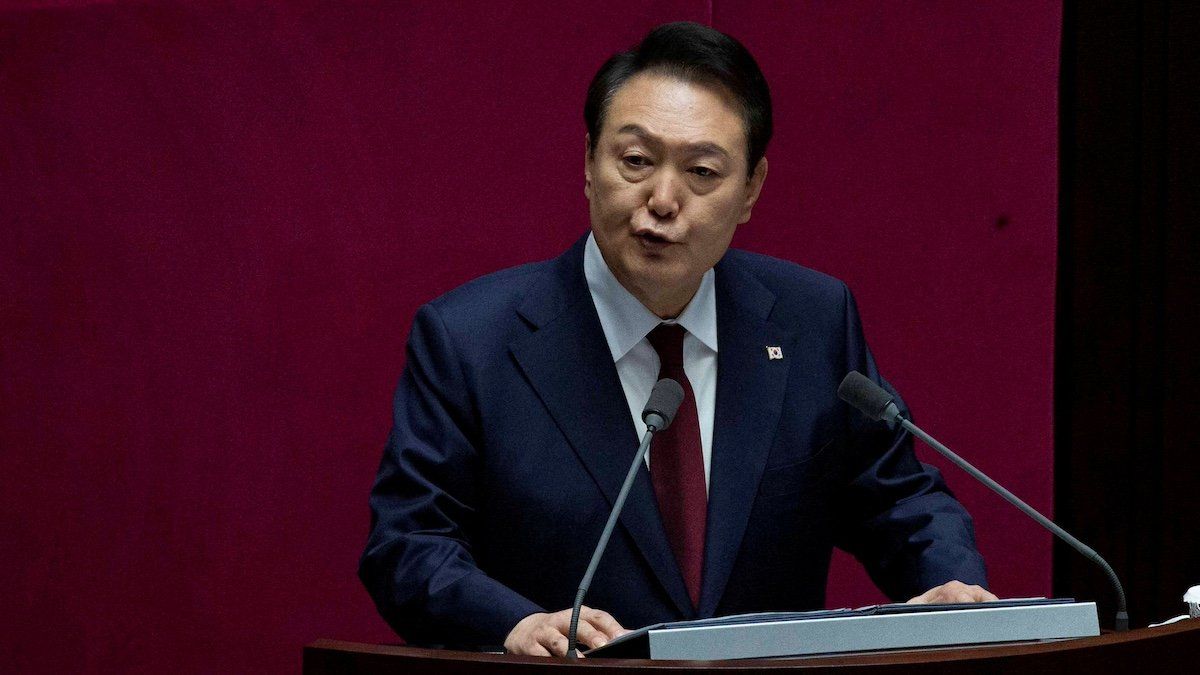South Korea’s rogue President Yoon Suk Yeol was impeached on Saturday and is now facing charges of insurrection – but will he show up for trial?
Yoon failed to appear in court Sunday after receiving a summons from prosecutors investigating him and senior officials for abuse of authority and obstructing rights. Then, when investigators attempted to serve him a request for questioning regarding the insurrection charges on Monday, his office refused to accept it.
The charges stem from Yoon’s shock invocation of martial law December 3 - a decree that was overturned a mere six hours later. Yoon’s powers have since been suspended until the constitutional court confirms the legality of his impeachment.
What happens next? The court began deliberations on Monday, with a ruling expected within 180 days, but a decision could come sooner based on the impeachments of previous South Korean leaders. If Yoon is dismissed, a national election must be held within 60 days. Opposition leader Lee Jae-myung, seen as the frontrunner to replace Yoon, proposed a special council for policy cooperation between the government and parliament and called for a quick resolution “to minimize national confusion and the suffering of the people.”
Based on this Saturday’s giant dance party in Seoul following the impeachment, however, it doesn’t seem that South Koreans are that upset. Thousands braved the bitter cold and took to the streets to celebrate, after a vote the previous weekend failed to garner enough support.
